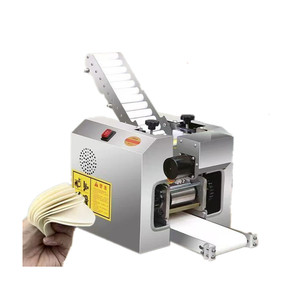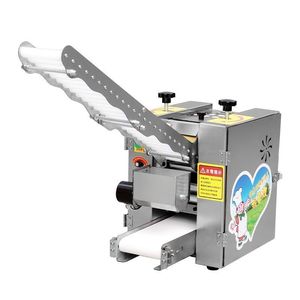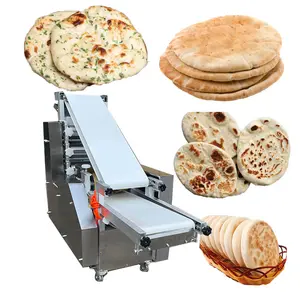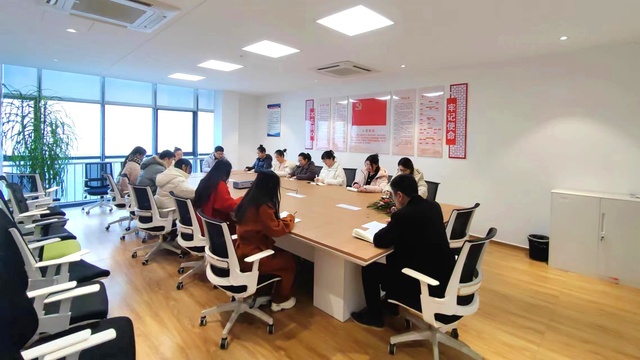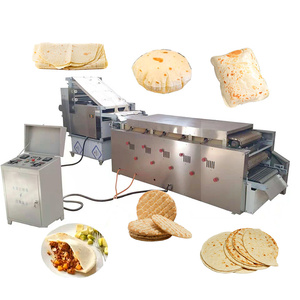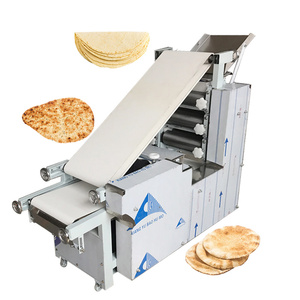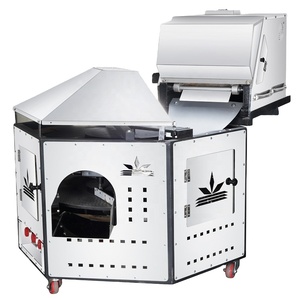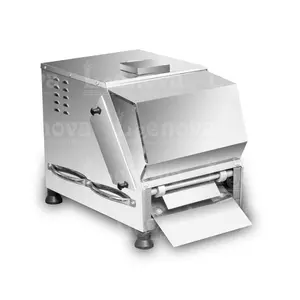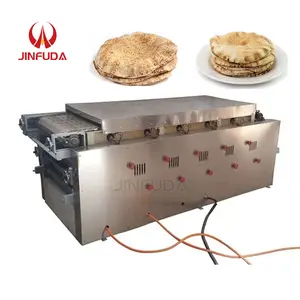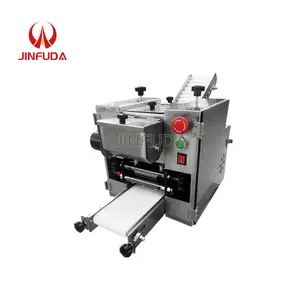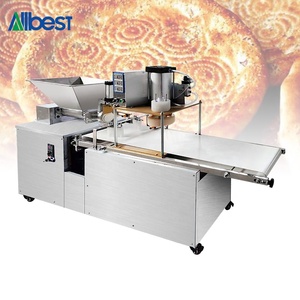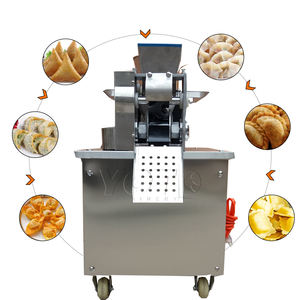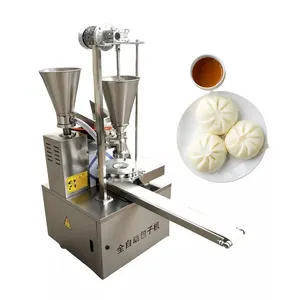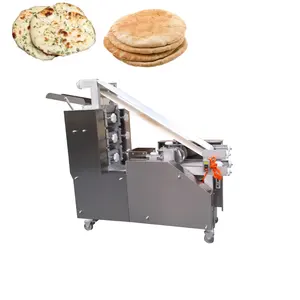Fully Automatic Roti Machine










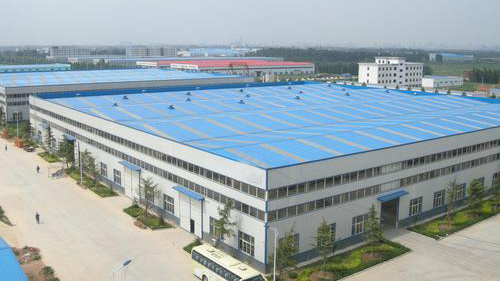

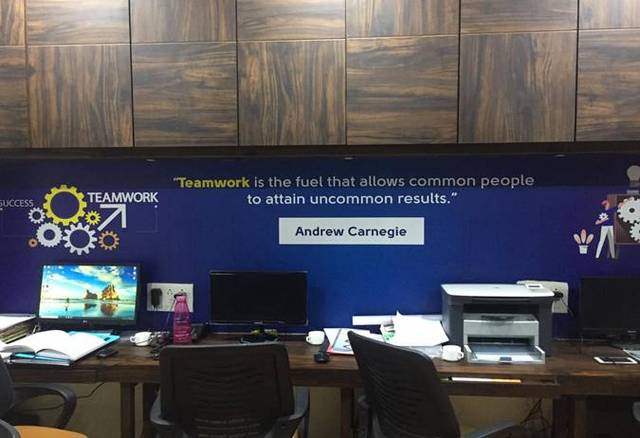


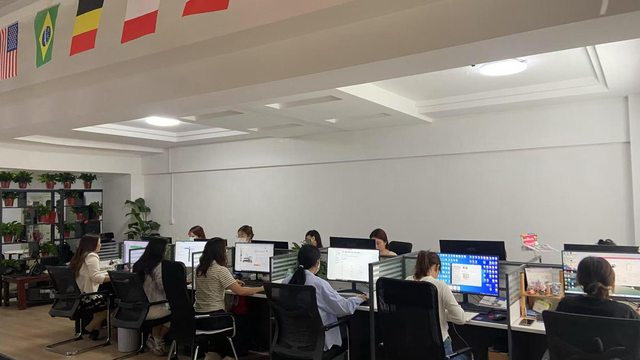





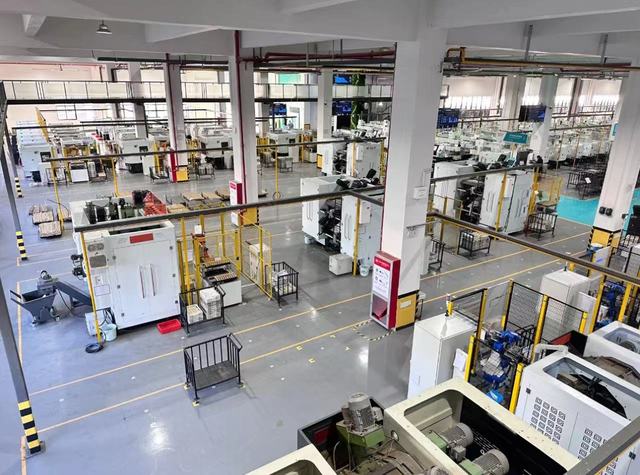


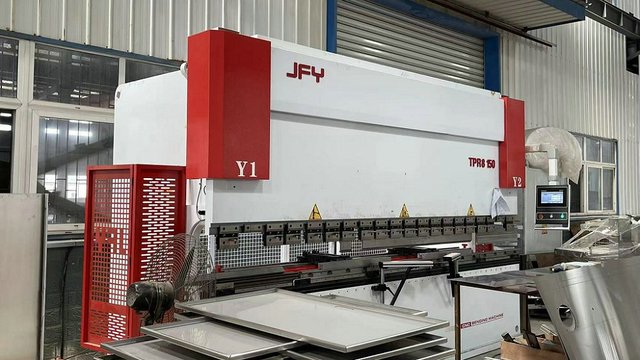









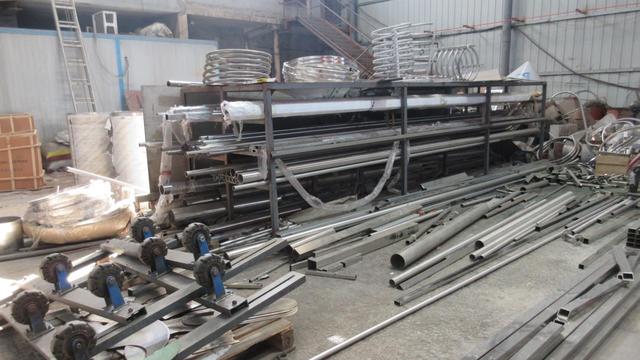
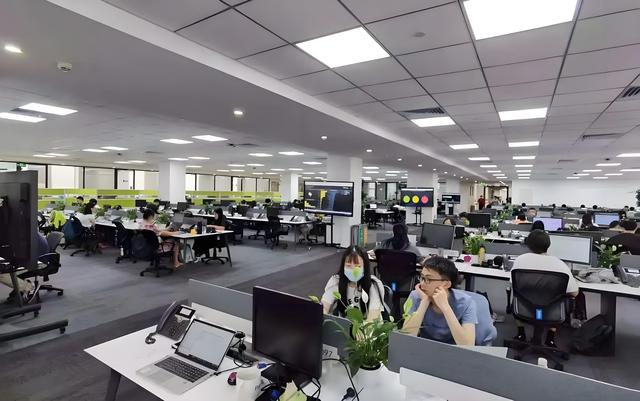

About fully automatic roti machine
Where to Find Fully Automatic Roti Machine Suppliers?
China is the dominant manufacturing hub for fully automatic roti machines, with concentrated supplier clusters in Henan and surrounding provinces. These regions host vertically integrated production ecosystems specializing in grain processing and flatbread equipment. Henan alone accounts for over 60% of China’s commercial food machinery exporters, supported by mature supply chains for stainless steel components, electric heating systems, and hydraulic pressing units.
The industrial clusters enable cost efficiencies through localized sourcing of motors, molds, and control panels—reducing component procurement lead times by up to 40%. Suppliers benefit from proximity to Tier-1 logistics hubs like Zhengzhou, enabling faster export processing. Buyers typically experience production lead times of 25–35 days for standard configurations, with bulk orders benefiting from 15–25% lower unit costs compared to non-specialized manufacturers. The region's specialization supports both high-volume output and flexible customization for international market requirements.
How to Choose Fully Automatic Roti Machine Suppliers?
Effective supplier selection requires rigorous evaluation across technical, operational, and transactional dimensions:
Technical Capability Verification
Confirm compatibility with regional voltage standards (110V/220V) and power load requirements. Machines must support consistent dough thickness adjustment (typically 2–8mm), temperature-controlled baking plates (180–300°C), and continuous operation cycles (minimum 500 rotis/hour). Request documentation on motor specifications (≥750W), material certifications (food-grade stainless steel AISI 304), and safety compliance (CE, RoHS where applicable).
Production & Customization Capacity
Evaluate suppliers based on:
- In-house engineering teams capable of modifying mold shapes, plate diameters (ranging from 5–52 cm), and automation levels
- Customization options including color, logo imprinting, packaging, and cable length
- Prototyping lead time of 7–14 days for modified designs
- Minimum Order Quantity (MOQ) flexibility—some suppliers offer MOQs as low as 1 set, while others require 1 dozen or per kilogram basis
Cross-reference product listings with machine-specific parameters to ensure consistency across models.
Quality Assurance & Transaction Security
Prioritize suppliers with verified on-time delivery rates exceeding 97% and response times under 2 hours. Review historical performance metrics such as reorder rates and online transaction volume as proxies for reliability. Utilize secure payment mechanisms and request pre-shipment inspection reports. Sample testing should include assessment of chapati uniformity, cycle speed, and thermal efficiency before scaling procurement.
What Are the Best Fully Automatic Roti Machine Suppliers?
| Company Name | Location | Online Revenue | On-Time Delivery | Avg. Response | Reorder Rate | Key Offerings | Price Range (USD) | MOQ Basis |
|---|---|---|---|---|---|---|---|---|
| Henan Gondor Machinery Co., Ltd. | Henan, CN | US $520,000+ | 100% | ≤2h | 19% | Hydraulic systems, multi-size molds, full customization | $549–8,399 | 1 set |
| Jiaozuo Taoding Trading Co., Ltd. | Henan, CN | US $560,000+ | 97% | ≤2h | <15% | Voltage adaptability, durable molds, after-sales support | $550–2,450 | 1 set |
| Xingtai Jiayang Machinery Manufacturing Co., Ltd. | Hebei, CN | US $230,000+ | 100% | ≤1h | <15% | Multifunctional flatbread systems, energy-efficient design | $420–2,600 | 1 set |
| Saidashi Machinery (Henan) Co., Ltd. | Henan, CN | US $100,000+ | 100% | ≤3h | 20% | Commercial-grade forming lines, Argentina-market adapted | $590–4,960 | 1 set |
| Qixian Xincheng E-Commerce Co., Ltd. | Henan, CN | US $4,000+ | 100% | ≤1h | <15% | Compact home-use models, dozen-based pricing | $323–531 | 1 dozen / 1 kg |
Performance Analysis
Henan-based suppliers dominate the market with strong customization capabilities and responsive communication. Henan Gondor and Jiaozuo Taoding stand out for higher revenue volumes and broad price segmentation, catering to both commercial kitchens and mid-tier food service operators. Xingtai Jiayang offers competitive entry-level pricing with reliable delivery performance. Saidashi Machinery demonstrates scalability in industrial applications, with wide-ranging output capacities. Qixian Xincheng serves niche demand for smaller, affordable units priced per dozen, though with limited transaction history. Buyers seeking premium automation should prioritize suppliers offering hydraulic pressing, multi-diameter molds, and stainless steel construction with documented customization workflows.
FAQs
How to verify a roti machine manufacturer’s reliability?
Assess on-time delivery records, response times, and reorder rates as behavioral indicators. Request evidence of material sourcing (e.g., stainless steel grade), motor specifications, and compliance with electrical safety standards. Analyze customer feedback focused on durability, after-sales service, and consistency in baked output.
What is the typical lead time for samples?
Standard sample production takes 10–18 days, depending on customization needs. Shipping via express freight adds 5–7 days internationally. Complex modifications involving new molds may extend timelines to 25 days.
Can suppliers accommodate custom branding and design?
Yes, most leading suppliers offer OEM services including logo printing, color variation, user interface labeling, and custom packaging. Minimum order thresholds vary—typically starting at 10–50 units depending on the scope of changes.
Do manufacturers provide after-sales technical support?
Some suppliers explicitly advertise good after-sales service, including troubleshooting guides, spare part availability, and remote assistance. Confirm support channels (email, video call) and warranty terms (usually 12 months) prior to purchase.
Are there differences in machine types for home vs. commercial use?
Yes. Commercial models feature higher throughput (500–1,000 pieces/hour), robust hydraulic systems, and larger heating surfaces. Home-use variants are compact, lower-powered, and often priced per dozen units. Verify application context to ensure appropriate capacity and durability alignment.











